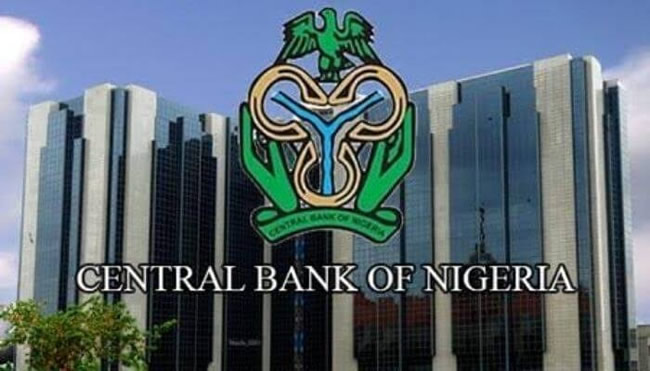
Keep up with the latest news and be part of our weekly giveaways and airtime sharing; follow our WhatsApp channel for more updates. Click to Follow us
A recent report by the Central Bank of Nigeria (CBN) has revealed a significant shift in consumer preferences, with point-of-sale (POS) transactions surpassing ATM usage by 603% in the first half of 2024. The data, sourced from the CBN’s quarterly statistical bulletin, shows that Nigerians made transactions worth N85.91tn through POS terminals, compared to N12.21tn recorded for ATM transactions within the same period.
This growth can be attributed to the widespread availability of POS terminals and the ease they provide for cashless transactions across the country. In contrast, ATM transactions dropped in value from N14.63tn in 2023 to N12.21tn in 2024, a 16.6% decline.
The report also highlights the rapid digitalization of Nigeria’s payment systems, with POS, mobile payments, and internet banking leading the charge. Internet banking transactions more than doubled in value, rising from N462.17bn in 2023 to N825.5bn in 2024. Mobile payment platforms also continued to record strong growth, with the value of transactions rising from N97.06bn to N159.42bn, a 64% increase.
However, the surge in POS transactions has also led to rising cases of fraud through this payment system. According to the Fraud and Forgeries Report in Nigerian Banks for the first quarter of 2024 by FITC, POS fraud cases surged by 31.12% in Q1 2024.
In response to these concerns, the CBN has introduced new measures to advance the cashless policy in Nigeria and combat fraud. These measures include a daily cash-out transaction limit of N100,000 per individual customer for POS agents, as well as restrictions on cumulative cash-out limits and weekly cash withdrawal limits.
The CBN has also mandated that all agency banking transactions must be conducted exclusively through float accounts maintained with principal institutions and that daily transaction reports must be electronically submitted to the Nigerian Inter-Bank Settlement System.
As the Nigerian payment system continues to evolve, it is clear that digital payments are becoming increasingly popular. With the CBN’s efforts to combat fraud and advance the cashless policy, it is likely that POS transactions will continue to grow in popularity, providing a convenient and secure payment option for Nigerians.
The rise of digital payments in Nigeria is a testament to the country’s growing adoption of technology and its desire for more convenient and secure payment options. As the CBN continues to implement measures to combat fraud and advance the cashless policy, it is likely that digital payments will play an increasingly important role in Nigeria’s economy.
In addition to the growth of POS transactions, mobile payments have also seen significant growth in Nigeria. The value of mobile transactions rose from N97.06bn to N159.42bn, a 64% increase, while the volume of mobile transactions surged by 50%, from 2.33 billion to 3.49 billion.
Internet banking transactions also saw significant growth, with the value of transactions more than doubling from N462.17bn to N825.5bn. The volume of internet banking transactions also increased, albeit modestly, from 11.32 million to 11.64 million.
In contrast, cheque transactions continued to decline, with the value of cheque transactions increasing slightly to N8.74tn from N6.97tn in 2023, a 25.5% rise, but the volume falling from 8.13 million to 6.88 million, marking a 15% decline.
The CBN’s efforts to promote digital payments and reduce cash transactions have been ongoing for several years. In 2020, the CBN introduced the Cashless Policy, which aimed to reduce the amount of cash in circulation and promote electronic payments.
The policy has been successful in reducing cash transactions, with the volume of cash transactions declining by 15% in 2023. However, the policy has also faced challenges, including the lack of infrastructure in some areas and the high cost of electronic transactions.
Despite these challenges, the CBN remains committed to promoting digital payments and reducing cash transactions. In its 2024 Monetary Policy Statement, the CBN stated that it would continue to implement measures to promote electronic payments and reduce cash transactions.
The growth of digital payments in Nigeria is expected to continue in the coming years, driven by the increasing adoption of technology and the government’s efforts to promote electronic payments. As the country continues to evolve, it is likely that digital payments will play an increasingly important role in Nigeria’s economy.
Please don’t forget to “Allow the notification” so you will be the first to get our gist when we publish it.
Drop your comment in the section below, and don’t forget to share the post.








